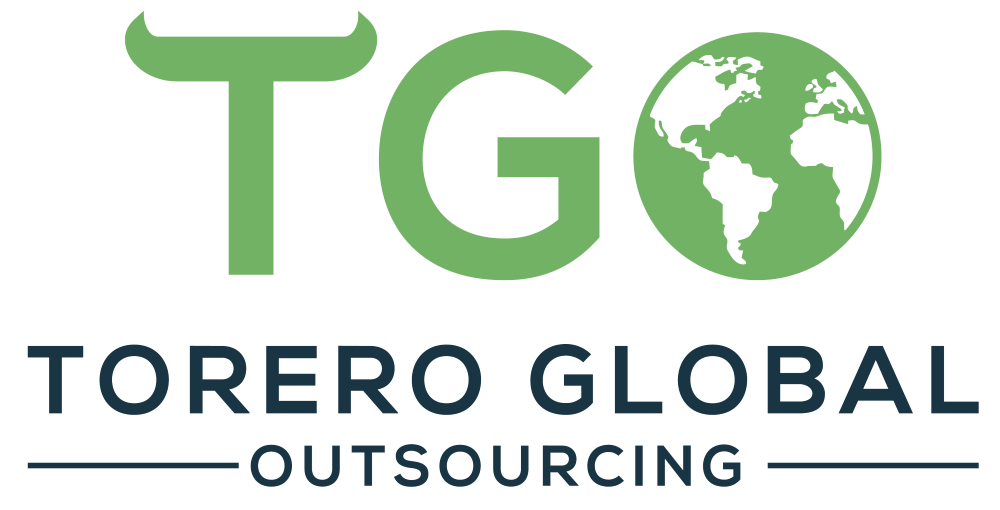The business process outsourcing (BPO) industry is evolving at a rapid pace, driven by technological advancements, shifting market demands, and changing business needs. As companies continue to seek ways to enhance efficiency, reduce costs, and stay competitive, understanding the future trends in BPO becomes essential. In this blog, we will explore the key trends shaping the future of BPO and how businesses can prepare for these changes to leverage the full potential of outsourcing.
1. Increased Use of Artificial Intelligence and Automation
Artificial Intelligence (AI) and automation are revolutionizing the BPO landscape. AI technologies, such as machine learning, natural language processing, and robotic process automation (RPA), are being integrated into various business functions to enhance efficiency and accuracy.
- Automation of Repetitive Tasks: Routine tasks, such as data entry, invoice processing, and customer service inquiries, are increasingly being automated. This reduces human error and frees up employees to focus on more strategic tasks.
- AI-Powered Analytics: AI-driven analytics tools provide deeper insights into business operations, customer behavior, and market trends. This helps companies make data-driven decisions and improve overall performance.
- Enhanced Customer Interactions: AI-powered chatbots and virtual assistants are improving customer service by providing instant responses and handling simple queries, which enhances customer satisfaction and reduces wait times.
2. Growing Emphasis on Data Security and Compliance
With the rise of data breaches and privacy concerns, data security and regulatory compliance have become top priorities in BPO. Companies are demanding stringent security measures and compliance with international regulations to protect sensitive information.
- Compliance with Regulations: Regulations such as GDPR (General Data Protection Regulation) and HIPAA (Health Insurance Portability and Accountability Act) require BPO providers to implement robust data protection measures. Compliance ensures that businesses avoid legal penalties and build trust with customers.
- Advanced Security Protocols: BPO providers are investing in advanced security technologies, including encryption, multi-factor authentication, and secure access controls, to safeguard data against unauthorized access and cyber threats.
- Regular Audits and Assessments: Conducting regular security audits and vulnerability assessments helps identify potential risks and ensure that security measures are up-to-date.
3. Rise of Remote and Hybrid Work Models
The COVID-19 pandemic has accelerated the adoption of remote and hybrid work models, and this trend is likely to continue. BPO providers are adapting to these changes by offering flexible work arrangements and leveraging digital tools for seamless collaboration.
- Remote Workforce Management: Managing a remote workforce requires effective communication, project management, and performance monitoring tools. BPO providers are implementing technologies to ensure productivity and collaboration among remote teams.
- Hybrid Work Environments: Hybrid work models, where employees split their time between working remotely and on-site, offer flexibility and work-life balance. BPO providers are designing solutions that accommodate these hybrid arrangements while maintaining operational efficiency.
- Increased Use of Collaboration Tools: Platforms like Zoom, Microsoft Teams, and Slack are becoming essential for remote collaboration, enabling teams to communicate, share documents, and manage projects effectively.
4. Focus on Employee Experience and Retention
As the demand for skilled talent grows, BPO providers are placing greater emphasis on enhancing employee experience and retention. Creating a positive work environment and offering career development opportunities are key factors in attracting and retaining top talent.
- Career Development Programs: Providing training, mentorship, and career advancement opportunities helps employees grow professionally and stay engaged with their work.
- Employee Well-being Initiatives: Initiatives such as flexible work hours, wellness programs, and mental health support contribute to a positive work environment and improve employee satisfaction.
- Recognition and Rewards: Implementing recognition and reward programs helps acknowledge employees’ contributions and motivates them to perform at their best.
5. Shift Towards Outcome-Based and Value-Driven Outsourcing
Businesses are increasingly focusing on outcomes and value rather than just cost savings when engaging with BPO providers. This shift is driving BPO providers to deliver more strategic and results-oriented services.
- Outcome-Based Contracts: Instead of traditional time-and-materials contracts, businesses are opting for outcome-based contracts that align with specific performance metrics and deliverables.
- Value-Added Services: BPO providers are offering value-added services, such as strategic consulting, process optimization, and business intelligence, to help clients achieve their strategic goals and drive business growth.
- Partnership Approach: Building long-term partnerships with clients and understanding their unique needs allows BPO providers to deliver tailored solutions that drive mutual success.
Conclusion
The future of business process outsourcing is being shaped by technological advancements, evolving market demands, and changing business dynamics. By staying informed about these trends and adapting to them, businesses can harness the power of outsourcing to enhance efficiency, drive innovation, and achieve their strategic objectives. As we move forward, embracing these trends will be key to staying competitive and thriving in the ever-changing BPO landscape.

